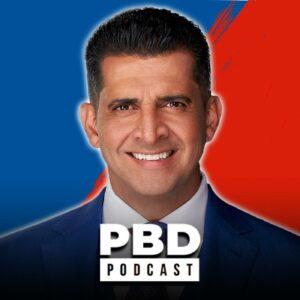
In this episode of Ted Talks Daily, environmental data scientist Hannah Ritchie explores the possibility of becoming the first sustainable generation. She emphasizes the importance of focusing on the intersection of environmental sustainability and human well-being, and how data and technology can drive positive change. Ritchie also discusses the role of language, specifically Welsh, in promoting sustainability efforts and preserving cultural diversity.
Hannah Ritchie challenges the traditional definition of sustainability, emphasizing the need to create a world where humans can thrive. She highlights positive environmental trends, such as the plateauing of total CO2 emissions and the decline of emissions per person. Technological advancements, including electric vehicles and renewable energy sources, have played a crucial role in reducing emissions. The UK’s shift away from coal production demonstrates the potential for change.
Ritchie emphasizes the importance of leveraging data and technology to drive clean energy solutions and high-tech agriculture. The rapid growth rate of environmental technologies, such as solar and wind, is transforming the energy landscape. However, she stresses the urgency of accelerating the transition to clean energy, particularly in middle and low-income countries. Additionally, Ritchie discusses the unique role of language, specifically Welsh, in promoting sustainability efforts and preserving cultural diversity. Engaging Welsh-speaking communities through environmental discourse in their native language can lead to stronger and more resilient local communities.
Hannah Ritchie’s insightful talk challenges our understanding of sustainability and highlights the potential for positive change. By focusing on the intersection of environmental sustainability and human well-being, leveraging data and technology, and promoting linguistic diversity, we can work towards becoming the first sustainable generation. It is crucial to reframe sustainability as an opportunity rather than a sacrifice and to create a vision that excites and motivates people to take action.